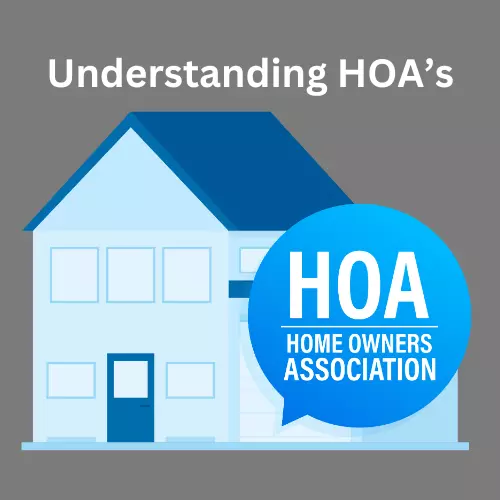

How a Home Inspection Protects You
Purchasing a home is one of the most significant investments you'll ever make. As a buyer, it's crucial to protect yourself and your investment by thoroughly inspecting the property before finalizing the purchase. This is where a home inspection comes in – serving as the best insurance you can have
Read More

Should I Wait for Rates to Lower Before Moving?
In the world of real estate, timing can be everything. Whether you are a seller or a buyer, understanding the impact of interest rates on your decision-making process is crucial. One of the common dilemmas faced by both parties is whether to wait for rates to lower before making a move. In this blog
Read More

Is a Multi-Generational Home Best for You?
Is a Multi-Generational Home Best for You? Finding the perfect home is a challenge for any family. There are countless factors to consider, from location to price to size. However, for families looking to create a closer bond across generations, a multi-generational home might be the perfect solutio
Read More
Categories




